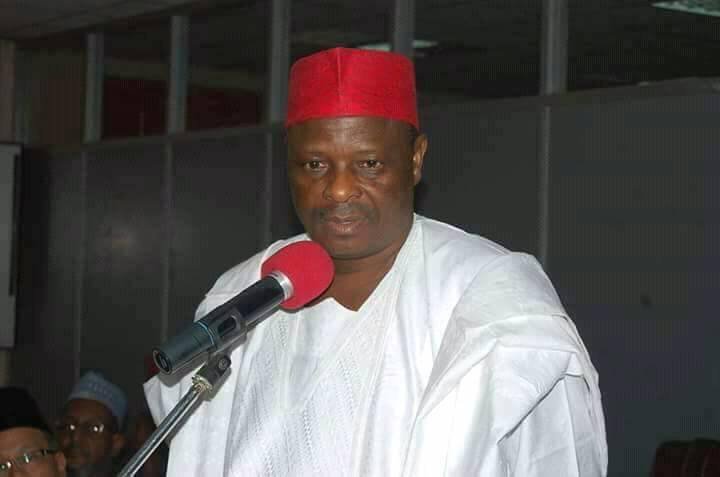Julian Assange, the founder of WikiLeaks, landed in Australia on Wednesday after pleading guilty to violating US espionage law in a settlement that ends a 14-year court struggle.
His arrival brings an end to a tale in which Assange spent more than five years in a British high-security prison and seven years in asylum at the Ecuadorean embassy in London, fighting extradition to Sweden on sexual assault claims and to the United States, where he faced 18 criminal counts.
These allegations resulted from Wikileaks’ 2010 publication of hundreds of thousands of classified US military documents on Washington’s wars in Afghanistan and Iraq, which was one of the greatest breaches of secret information in US history.
During a three-hour hearing earlier in the US territory of Saipan, Assange pleaded guilty to one criminal count of conspiring to obtain and disclose classified national defence documents but claimed that the US Constitution’s First Amendment, which protects free speech, shielded his actions.
“Working as a journalist I encouraged my source to provide information that was said to be classified in order to publish that information,” he told the court.
“I believed the First Amendment protected that activity but I accept that it was…a violation of the espionage statute.”
Chief US District Judge Ramona V. Manglona accepted his guilty plea, noting that the US government indicated there was no personal victim from Assange’s actions.
She wished Assange, who turns 53 on July 3, an early happy birthday as she released him for time already served in a British jail.
While the US government condemned Assange for endangering its operatives by releasing their names, his fans lauded him as a hero for championing free speech and exposing war crimes.
“We firmly believe that Mr. Assange never should have been charged under the Espionage Act and engaged in (an) exercise that journalists engage in every day,” his US lawyer, Barry Pollack, told reporters outside the court.
He said WikiLeaks’ work would continue.
Assange’s UK and Australian lawyer Jennifer Robinson thanked the Australian government for securing Assange’s release. His father, John Shipton, told Reuters he was relieved.
“That Julian Assange can come home to Australia and see his family regularly and do the ordinary things of life is a treasure,” Shipton said in Canberra, where he was waiting for his son.
“The beauty of the ordinary is the essence of life.”











